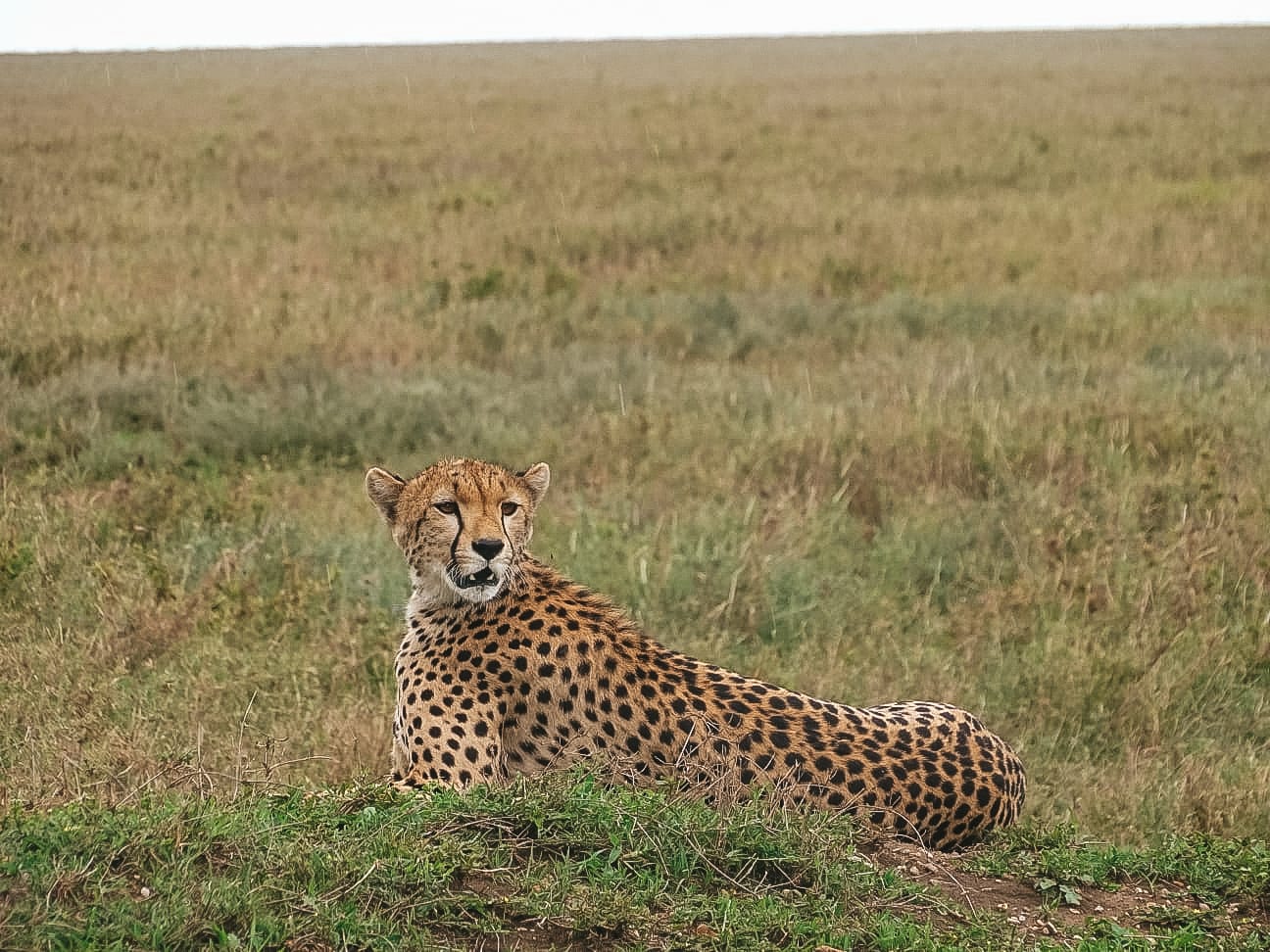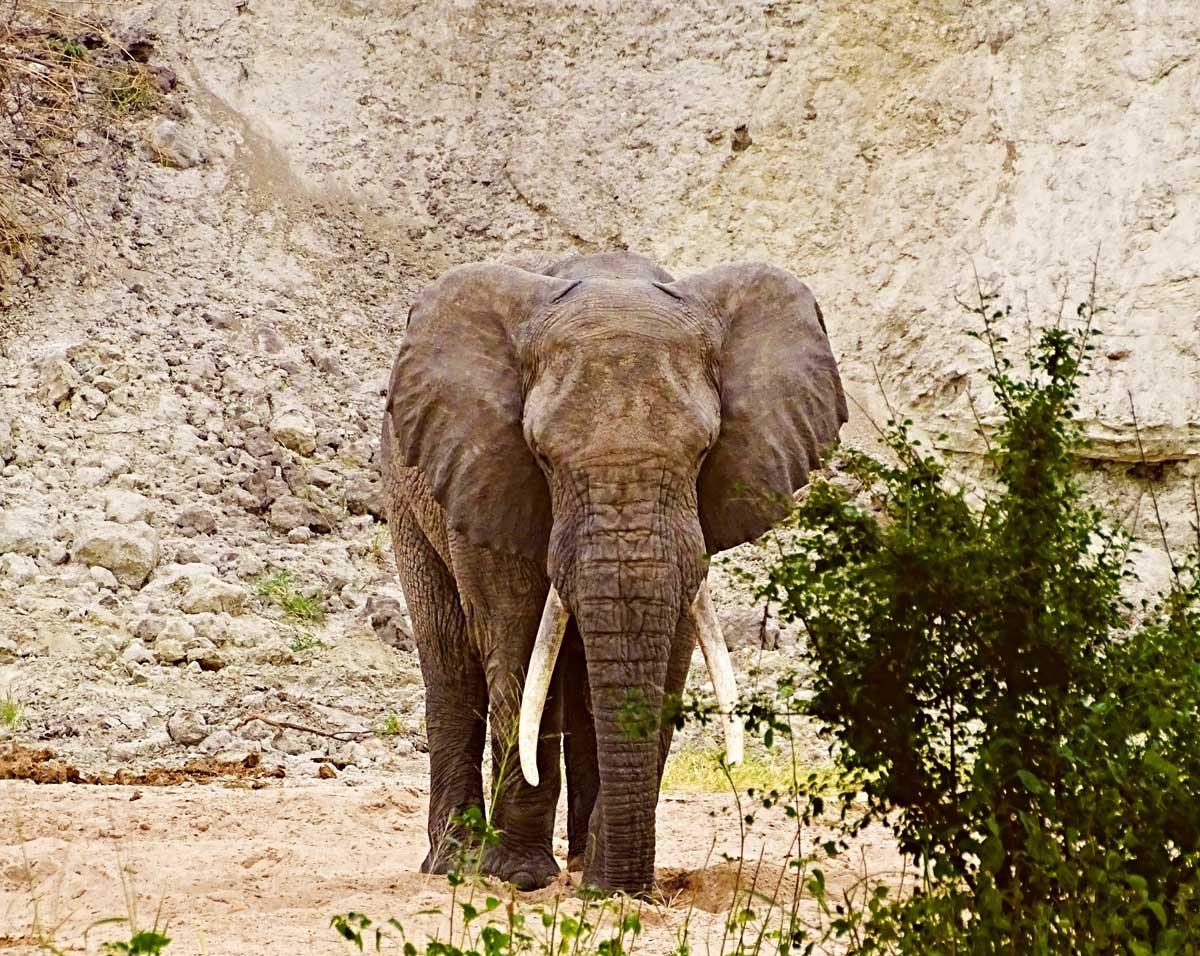About Tanzania
The most beautiful place in Africa
Tanzania is a country of immense beauty which undoubtedly needs to be experienced in this lifetime. The country is famous the world over for its breathtaking savannahs, towering mountains, bustling cities and sun-soaked islands. It would seem there is little reason to not consider Tanzania for your next African experience as it really does have it all.
Tanzania is the largest country in East Africa situated just south of the Equator. About twice the size of California or Sweden, Tanzania is bordered by the Indian Ocean and eight countries: Kenya, Uganda, Rwanda, Burundi, Democratic Republic of Congo, Zambia, Malawi, and Mozambique. Tanzania is home to Mount Kilimanjaro, the highest mountain in Africa. Three of the largest lakes on the continent are also found in Tanzania – Lake Victoria in the north, Lake Tanganyika in the west and Lake Nyasa in the southwest.
Tanzania’s population includes around 120 different African tribal groups. Tanzania has two official languages, Swahili (kiSwahili) and English. Swahili is the lingua franca of the country, and virtually all Tanzanians speak it. English is widely spoken in the larger towns and places where visitors frequent. In addition to Swahili, most African Tanzanians also speak the traditional language of their ethnic group. Most Tanzanians are Christians or Muslims, a small part of the population is considered to hold traditional beliefs.
In general, Tanzanians are warm-hearted and generous people and are eager to help and assist visitors. They are cheerful and respectful people, always ready for a good laugh and a joke. Be aware of cultural differences, Tanzanians always want to oblige, they won’t tell you no, so they might promise something unrealistic. Before you come to visit Tanzania, learn as much as you can about Tanzanian culture. Try to learn some basic words and phrases (greetings, please, thank you) in swahili, the local people will definitely appreciate it.
Geographical facts
- Official name: United Republic of Tanzania
- Form of government: Republic
- Capital: Dodoma
- Largest city: Dar es Salaam
- Area: 947,300 square kilometres; 365,755 square miles
- Population: 67.5 million
- Official language: Kiswahili, English
- Currency: Tanzanian shilling



